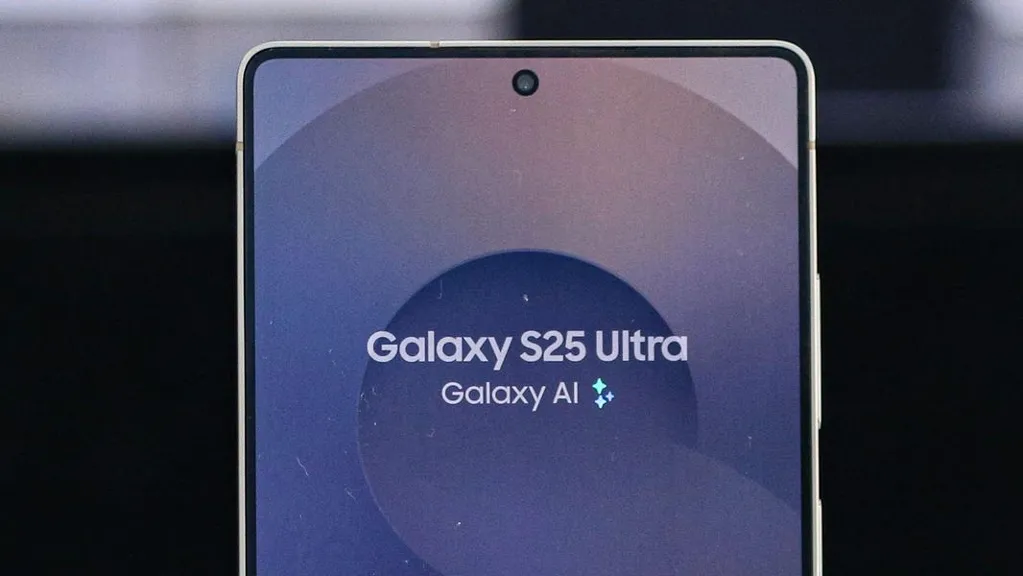Forbes contributors publish independent expert analyses and insights.
Samsung has a problem. Google's Pixel is racing away with its latest upgrades, and the Galaxy-maker can't keep up. This turned Android 15 and One UI 7 into a disaster, and there remains a risk that Android 16 will also take much longer than users want.
But Google also has a problem. There is a deep-rooted wariness that its fast-moving AI upgrades are a privacy nightmare in the making. Look no further than the recent backlash where a poorly worded email made it seem that Google would allow Gemini access to private texts and WhatsApps "whether you like it or not."
It turned out this is more a privacy positive than a negative, and users remain in control -- to an extent. But what's clear is that Google blurs the lines between cloud and on-device processing when it comes to AI, and it's not easy to find the right balance.
We have seen this with Gmail in particular, with AI upgrades running wild across entire inboxes and cloud drives, all in the interest of "smart" searching and "smart" replies. A stark contrast to its parallel push towards quasi end-to-end encryption.
This has presented Samsung with a gift-wrapped opportunity to present something different. And the Galaxy-maker has grasped that give with both hands. With more than a nod to iPhone, its hybrid AI of old -- a middle-ground between on-device and cloud -- has now morphed into something that's much more privacy centric.
In its latest announcement on Monday, Samsung confirmed it is focusing on "future-ready mobile security for personalized AI experiences." That may sound like gobbledygook, but what it means is "a new architecture designed to safeguard the next generation of personalized, AI-powered features." In other words, locking it all down.
This is not entirely new, but it shows how Galaxy is being shaped as an Android-fueled iPhone alternative in a way Pixel -- in reality -- never can be: There are seldom few iPhone users looking for ways to share more data with Google.
Samsung has expanded on this, explaining that "to truly unlock the full potential of what [AI] can do, user inputs that power personalized experiences are critical. AI needs to understand you -- your preferences and your routines -- to deliver a mobile experience that feels like a natural extension of your everyday life."
But that carries huge privacy risks. "To deliver a fully personalized experience, your device naturally needs access to certain data. This is what allows AI to understand you and tailor its responses in ways that are genuinely helpful and suited to your lifestyle. To ensure your personal data is safeguarded in this era of AI, we're constantly innovating data protection on your device, so that nothing falls into the wrong hands."
TL;DR, you can have Android's AI lead over iPhone without going all-in with Google. It's notable how many of the announcements coming out of Samsung these days have a security or privacy focus. Even theft protection has become a new thing. If you're competing with "Privacy, that's iPhone" in a world where those iPhones are lagging awkwardly far behind on AI, this is a smart strategy.
It's no coincidence that as the world is about to get its first look at a general release of One UI 8, Samsung is talking AI, security and privacy. The Galaxy-maker is changing the nature of Android in a way Pixel never can. This presents a new choice for Android users and a potential AI-centric alternative for iPhone users jaded by the lack of AI.
This may completely change Android but it doesn't solve Samsung's OS upgrade issue. The company needs a smooth-sailing One UI 8 to counterbalance Pixel. And it needs to keep hammering security and privacy messages as its best defense against Google.
